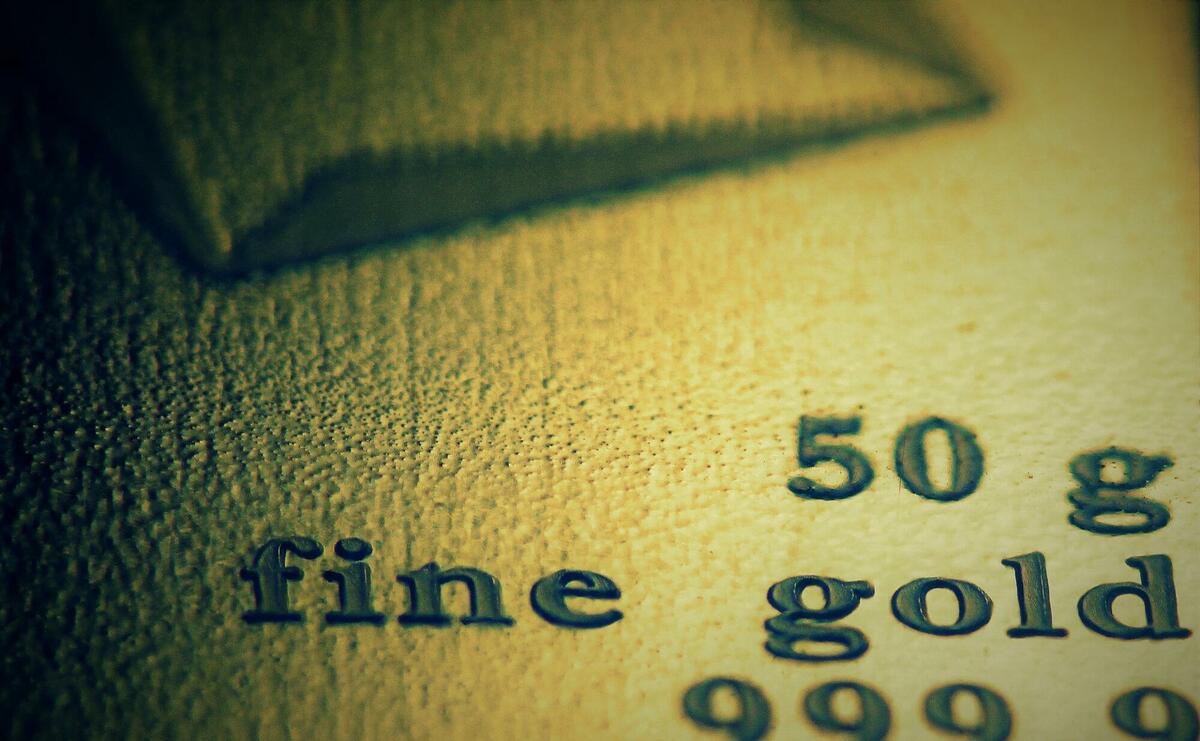Want to Invest in Gold? Here Are 8 Essential Things to Know First
Gold is one of the most sensible and stable investments that you can make. Global inflation is on the rise and analysts are predicting that an economic recession is just around the corner. The war in Ukraine has exacerbated an already bad situation, by significantly increasing the cost of food globally. If you have a sizable amount of savings and want to protect them against recession and economic downturn, then gold is something that you need to consider.

However, before investing in gold, there are a few things that you need to know. This article will tell you about them:
Education
Before you invest in gold, you need to educate yourself on it. Gold behaves differently from other kinds of investments, especially during recessions. A look back at the gold price during great depression clearly demonstrates this. Gold prices reached a record high during the Great Depression. It is because of this that most people consider it to be a safe investment option. In addition to ordinary people considering gold to be a safe investment option, so too do our governments. The U.S. government has the world’s largest gold reserves. Unprecedented financial disaster is looming around the corner, made worse by the ongoing conflict in Ukraine. There are many parallels to our current situation, as there were in the Great Depression. If a recession as severe as the Great Depression were to strike again (which analysts believe will happen), then gold will likely again prove to be an extremely safe investment.
Stocks
If you are going to buy gold, then you need to know one thing: stocks aren’t the same as physical gold. During recessions, stocks always plummet. If you want to safeguard your money against an economic downturn, then you need to make sure that you buy physical gold. If the stock market crashes, gold stocks won’t be of any use to you. Physical gold, on the other hand, will be. Unlike physical gold, gold stocks are dependent on external factors (not just the buying price of gold). Your stock’s performance depends largely upon the company that has sold them to you. If they are affected by the recession, union strikes, or lawsuits, then your stock price could go down. Physical gold retains its inherent value and doesn’t depend on a company’s performance.
Taxation
When you sell gold in the United States, you have to pay tax if you make a profit. Precious metals are considered by the IRS to be capital assets. This, therefore, means financial gain from their sale is a form of taxable income. Tax rates have been known to rise during recessions so that governments can offset their losses. You need to bear this in mind when you are buying gold as an investment. It’s always a good idea to do a quick tax projection, so you can determine how much you may have to pay on your investment if you do end up selling it for a profit in the future. There are lots of online services that can help you to do this for free.
Returns
Something else that you need to think about is the returns that you are going to get from your investment. When you are buying gold, the more you buy, the higher your profits are going to be. You might make a few hundred dollars worth of profit if you buy a few ounces, but you can make a few thousand dollars worth if you buy a few kilograms (or more). It’s not possible to predict how high gold could possibly go during a recession, but some people made fortunes off of their gold investments during the Great Depression. You could do the same.
Premium
When you buy gold, you pay a premium. This is something that you need to think about. In order to reduce the premium that you pay, you need to find a bullion or coin dealer with reasonable rates. The more you buy, the less of a premium you tend to pay. The gold premium that you pay can go down very, very low if you buy large quantities of it from the same dealer. If you are buying gold from an independent dealer, then you may also be able to negotiate the premium that you pay down.

Coins
More often than not, coins increase in value. Gold bullion only tends to increase by as much as the current gold rate. Coins, on the other hand (especially if they are rare), will increase simply because there is a limited number of them in circulation. South African Krugerrands from the 1980s and 1990s can be worth a massive amount of money, far more than the current buying price of gold. This is worth taking into consideration. It is also a lot easier to sell your gold if it is in coins. If you buy large bars, then you can only sell them in bars, meaning you can’t break down your investment and sell it in smaller amounts.
Storage
Storage needs to be factored into your decision to buy gold. When you are buying physical gold, you need to find somewhere safe to store your investment. It is possible to store your gold in a safe at home, although this for many people isn’t a safe option. You can’t rule out burglaries and theft. If you were to lose your investment to theft, it could be life-changing. You can however pay for the privilege of storing your gold in a bank’s vault, which is insured. You can also store it in private storage companies’ vaults.
Reselling
How are you going to sell your gold in the future? The more you buy, the easier it will be for you to sell. If you only have a small amount of gold, then you may struggle to find a dealer to buy it off of you for a good price. With that said, there are some companies that will buy your gold for the market price, so presuming you can find one, you shouldn’t have any trouble.
Gold is a very safe investment. If you want to protect your money against inflation and economic downturn, then it’s an investment that’s definitely worth making. It is also an extremely effective way of making a profit, especially if you hold onto it for a long time.